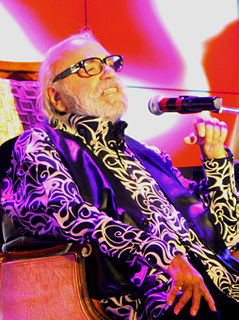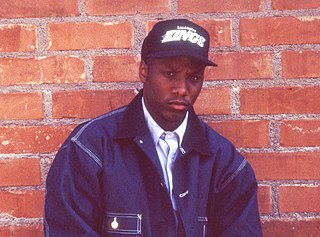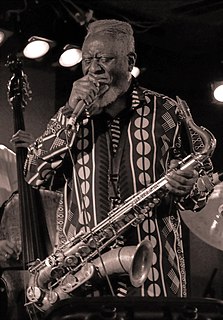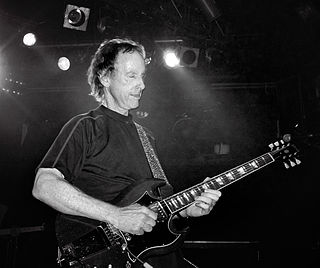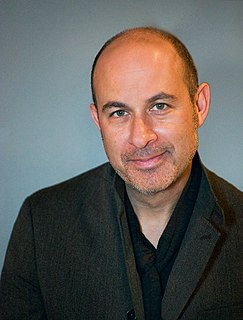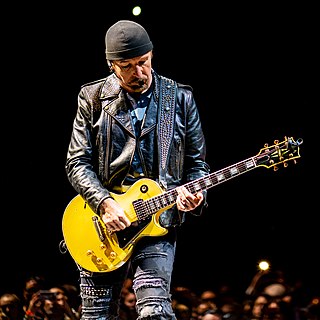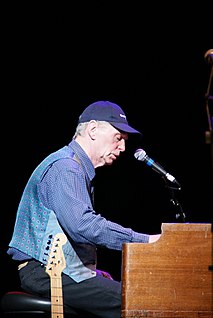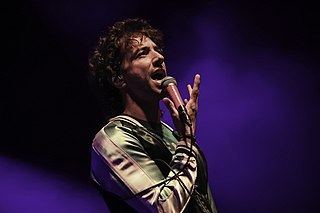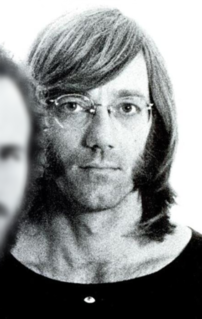A Quote by Demis Roussos
I started as a jazz musician, not a singer, then I became a rock 'n' roll artist with Aphrodite's Child.
Related Quotes
I have absolutely no interest in rock and roll. I'm just being David Bowie. Mick Jagger is rock and roll. I mean, I go out and my music is roughly the format of rock and roll, I use the chord changes of rock and roll, but I don't feel I'm a rock and roll artist. I'd be a terrible rock artist, absolutely ghastly.
I remember the first time I was booked into a jazz club. I was scared to death. I'm not a jazz artist. So I got to the club and spotted this big poster saying, 'Richie Havens, folk jazz artist.' Then I'd go to a rock club and I'm billed as a 'folk rock performer' and in the blues clubs I'd be a 'folk blues entertainer.'
No matter what though, there's always rock & roll. There's rock 'n' roll in hip-hop, there's rock & roll in pop music, there's rock 'n' roll in soul, there's rock 'n' roll in country. When you see people dress and their style has an edge to it, that rebellious edge that bubbles up in every genre, that's rock & roll. Everybody still wants to be a rock star.
There's rock n' roll in hip-hop, there's rock n' roll in pop music, there's rock n' roll in soul, there's rock n' roll in country. When you see people dress, and their style has an edge to it, that rebellious edge that bubbles up in every genre, that's rock n' roll. Everybody still wants to be a rock star, you know?
